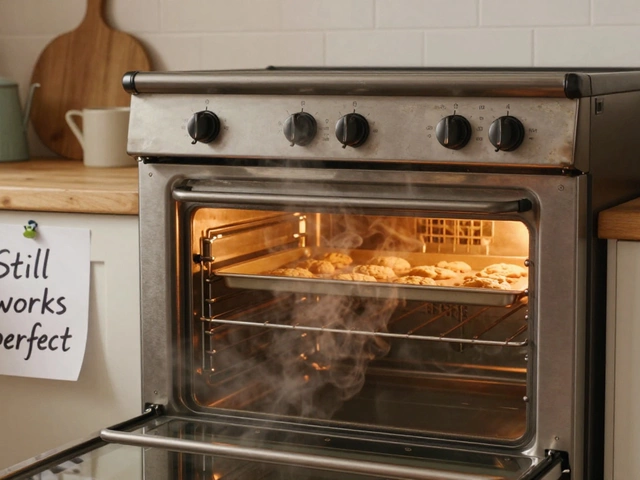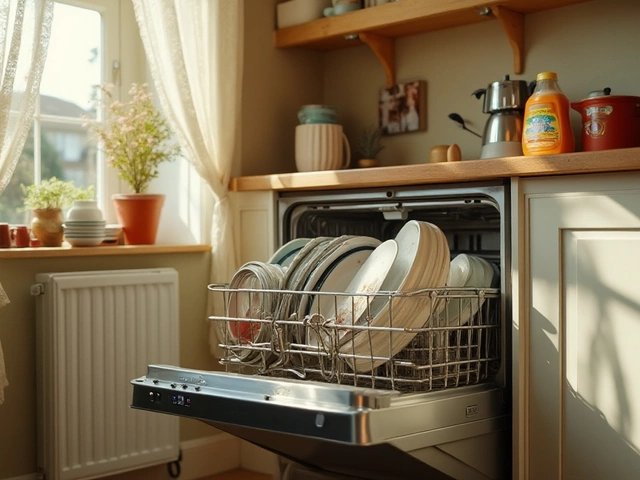Cost‑Effective Appliance Repairs: Save Money and Extend the Life of Your Home Gear
Got a noisy fridge, a boiler that won’t heat, or an oven that’s missing the warmth? You don’t have to rush to buy a brand‑new unit. With a few smart choices you can fix most problems for a fraction of the replacement cost.
When Repair Beats Replacement
First, ask yourself: is the part that’s broken expensive or easy to replace? A cracked glass hob, a fouled dishwasher filter, or a worn‑out extractor fan motor usually costs under £150 in parts and labour. Even a faulty heat‑pump sensor can be swapped without spending a small fortune.
On the other hand, if the appliance is more than ten years old and the main components (like the compressor in a fridge or the boiler’s heat exchanger) are failing, the repair bill can approach the price of a new model. In those cases, compare the total repair cost to the likely lifespan you’ll get after fixing it – if you’ll only get a couple of years, replacement makes more sense.
Tips to Keep Repairs Cheap
1. Act fast. Small problems become big ones quickly. A leaking dishwasher can rust a pump, and a noisy boiler can develop a cracked pipe if you wait.
2. Regular maintenance saves cash. Cleaning extractor fan filters, defrosting the freezer, and flushing a water heater once a year prevents costly breakdowns.
3. Know the common failures. Most fridge issues are from a faulty door seal or a dirty condenser coil. Most ovens overheat because of a broken thermostat. Spotting these early lets you order cheap parts yourself.
4. Get a quote before work starts. A reputable local tech will give you a clear price for parts and labour. If the quote looks high, ask for a breakdown – sometimes you can do part of the job yourself to lower the cost.
5. Consider repair guarantees. Some repair shops offer a 12‑month guarantee on parts and labour. That extra peace of mind can be worth a few pounds more.
By following these steps you’ll stretch every pound you spend on home repairs. Whether it’s a boiler, fridge, dishwasher, or heat pump, a cost‑effective approach means fewer surprises and a longer life for the appliances you rely on every day.






